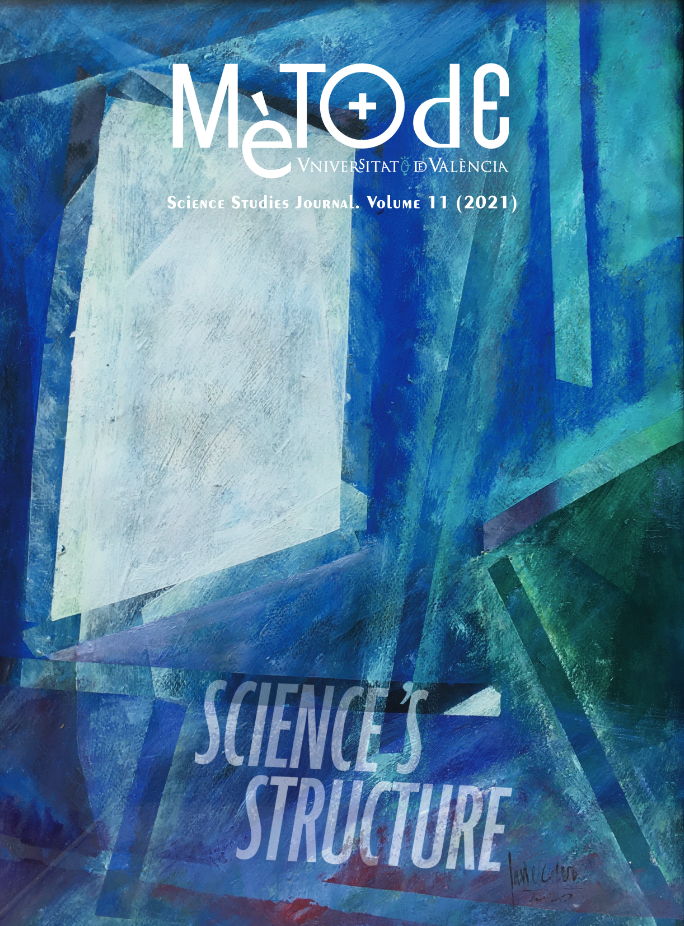Editorial
DOI:
https://doi.org/10.7203/metode.11.19335 Abstract
Abstract
Science is the answer. This is the message that should permeate society after the COVID-19 crisis. And yet, it looks doubtful that we will learn anything from it. Most probably, we will be back at square one, with a science that is merely a subsidiary of economy, where the standards to measure everything are an alleged progress and welfare. The latest news makes us feel pessimistic regarding this point. It seems that, as soon as this pandemic scenario fades away, we will be back to a model that is profoundly counter-productive for the planet’s balance, one that does more harm than good.
Indeed, short-termism is all-encompassing, but it is absolutely necessary to look for a much more sustainable model as soon as the crisis is over. One that focuses on proximity, keeps clear of urban macro-projects (like the expansion of the Valencia port, which should be seriously reconsidered). We must return to the state of climate emergency and understand that this pandemic is also a consequence of climate change and our hyper-global world. In our website, we have tried to keep our dissemination of pandemic information as close as possible to scientific facts. This new volume of Mètode Science Studies Journal collects monographs on different fields such as biotechnology, food and eating, and climate change, in an effort to disseminate science from rigour and social commitment.
Now more than ever, we need your support to keep publishing quality scientific content for many more years. Now more than ever, we need you to choose science as the answer.
 Downloads
Downloads
Downloads
Published
How to Cite
-
Abstract444
-
PDF371
Issue
Section
License
![]()
All the documents in the OJS platform are open access and property of their respective authors.
Authors publishing in the journal agree to the following terms:
- Authors keep the rights and guarantee Metode Science Studies Journal the right to be the first publication of the document, licensed under a Creative Commons Attribution-NonCommercial-NoDerivatives 4.0 International License that allows others to share the work with an acknowledgement of authorship and publication in the journal.
- Authors are allowed and encouraged to spread their work through electronic means using personal or institutional websites (institutional open archives, personal websites or professional and academic networks profiles) once the text has been published.





